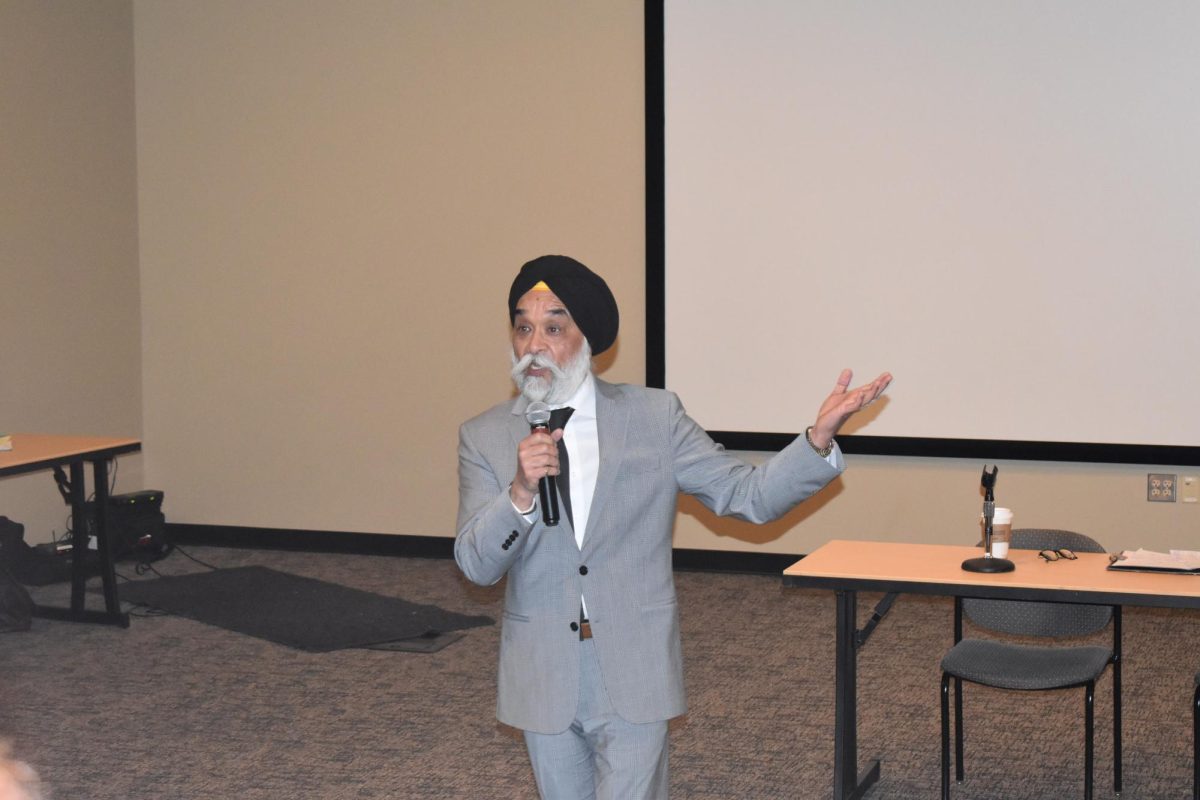
It’s the middle of summer. But the school year is just around the corner.
So it’s a good time for an update on the state’s new approach to reading.
Some Democrats in the Legislature voted for it, and the former state schools superintendent and current Dem governor, Tony Evers, signed it. That, despite opposition from the state teachers’ union and other education advocates.
The new law means Wisconsin will now take a phonics-based approach to literacy and help teachers implement the new learning model.
AB 321 also will work in concert with $50 million that was set aside in the state budget to fund the initiatives.
The new law Evers signed includes creating an Office of Literacy to contract 64 full-time literacy coaches who will help teachers implement a new system based on phonics, vocabulary building, reading fluency, and oral language development, among other things. That will replace programs in some schools that stressed the teaching reading through pictures, words cues and memorization.
Under the law, students who read below grade level will now receive individualized reading plans until they catch up.
The original bill Republicans introduced this year would’ve required third-graders who can’t pass a reading assessment to be held back. But authors dropped it amid opposition from the state Department of Public Instruction and Evers.
Evers praised the process to refine the bill, while calling it just one step in addressing student performance. He urged efforts to address issues such as hunger among students.
“So, if we want to improve outcomes for kids in our classrooms across the board, this bill is only one small part of the work we have to do — we must continue making meaningful investments in our kids and our schools, bolster our education workforce to help keep class sizes small, and expand access to mental health services and healthy meals in our schools so our kids can bring their full and best selves to our classrooms,” Evers said.
Rep. Joel Kitchens, R-Sturgeon Bay and a co-author of the bill, said the new law is needed to address the “reading crisis” facing Wisconsin. He said 64 percent of fourth-graders aren’t proficient at reading, while noting the state is last in reading achievement among Black students. The changes, he said, will help identify struggling students sooner to get them the help they need.
“Science-based reading programs are working in blue states and red states. I am confident it will also work in our purple state,” Kitchens said. “It is the same way most of us learned to read in the first place.”
But the Wisconsin State Reading Association and the Wisconsin Education Association Council issued a statement knocking the bill.
WEAC President Peggy Wirtz-Olsen charged it was “developed through backroom deals between politicians and bureaucrats instead of talking to licensed teachers who work with students every day. Wisconsin Public School educators devote our lives to teaching students to read and – just as importantly – to develop a lifelong joy for reading. To suggest otherwise is disrespectful toward our public school educators.”
The debate behind the bill was seen earlier this year in a GOP-run Assembly committee that advanced the bill. The measure was ultimately approved along party lines in committee as Democrats argued it would take tools away from teachers.
Republicans argued it’s past time to help failing students and reverse Wisconsin’s falling national literacy ranking.
“I’m not a teacher, but I’ve been around education a lot,” Rep. Clint Moses, R-Menomonie, said in the committee hearing. “Full disclosure, I’m a publicly educated kid, so if I have inadequacies that might explain it – that’s a cheap shot – but, you know, we can’t just keep passing kids along.”
Rep. Francesca Hong, D-Madison, in committee questioned the need to rush through the process, arguing “our kids deserve due diligence.”
“And yes, this legislation is long overdue,” she said. “But we can collectively work to make this better.”
Rep. Marisabel Cabrera, D-Milwaukee, said she understands looking to add more tools to the literacy toolbox, but argued taking away the ability to teach the three-cueing method, which she was taught growing up in Puerto Rico, doesn’t make sense. While she also struggled with reading growing up, she said she wasn’t held back and she still was able to succeed.
“I don’t think it’s necessary to hold the students back,” she said. “I just think they need more assistance, more attention to keep up with the rest of the class.”
Both Hong and Cabrera were no votes when the bill passed the full Assembly, but several Democrats joined the Republican majority in voting for it. The same thing happened in the Senate, where several Democrats voted for the measure.
Now, it will be up to the state Department of Public Instruction and school districts to implement the bill. It may take years before we know if reading skills improve because of the measure, but bill advocates say it’s worth a try.
For more, visit WisPolitics.com. The Capitol Report is written by editorial staff at WisPolitics.com, a nonpartisan, Madison-based news service that specializes in coverage of government and politics, and is distributed for publication by members of the Wisconsin Newspaper Association.










